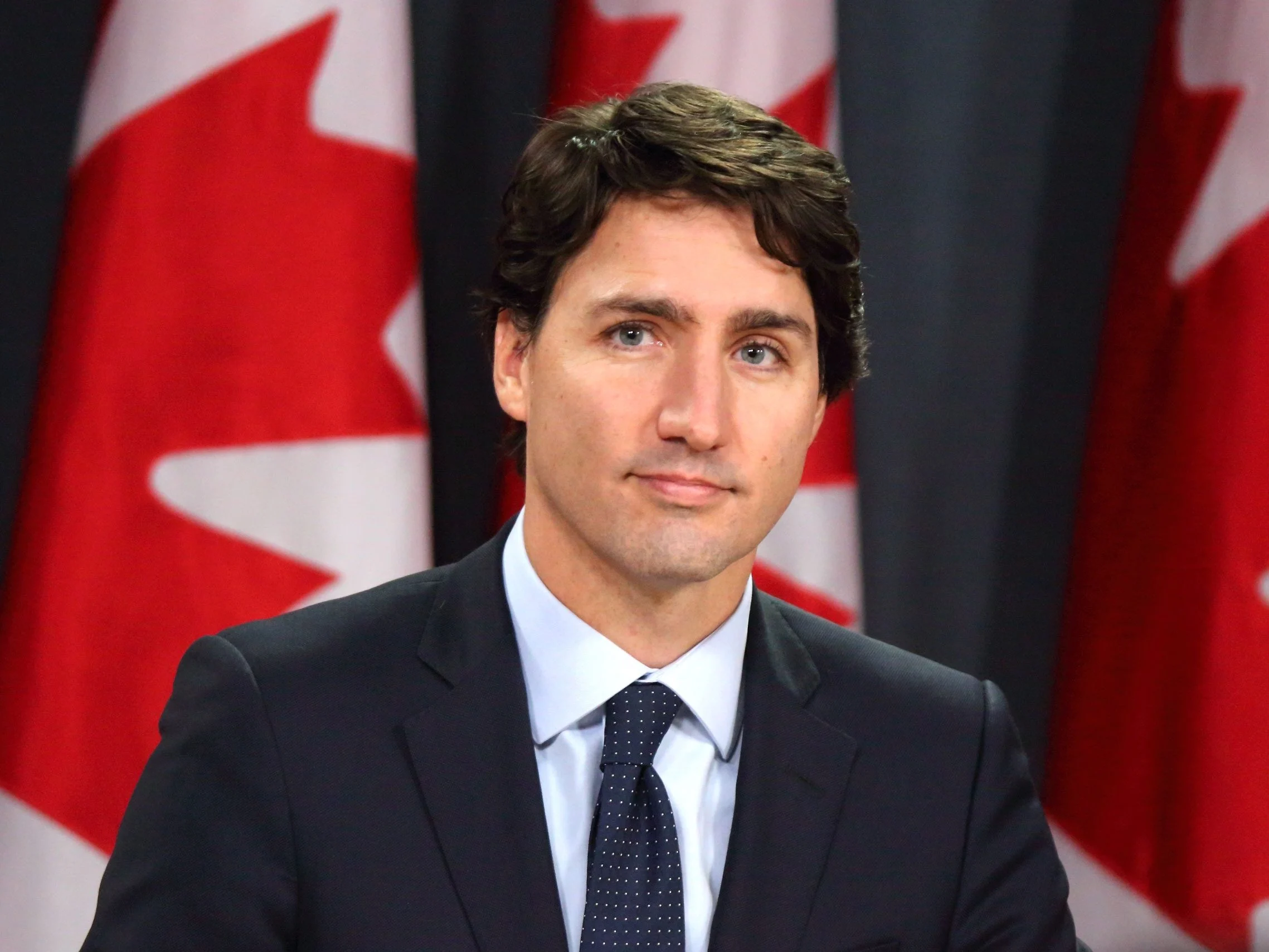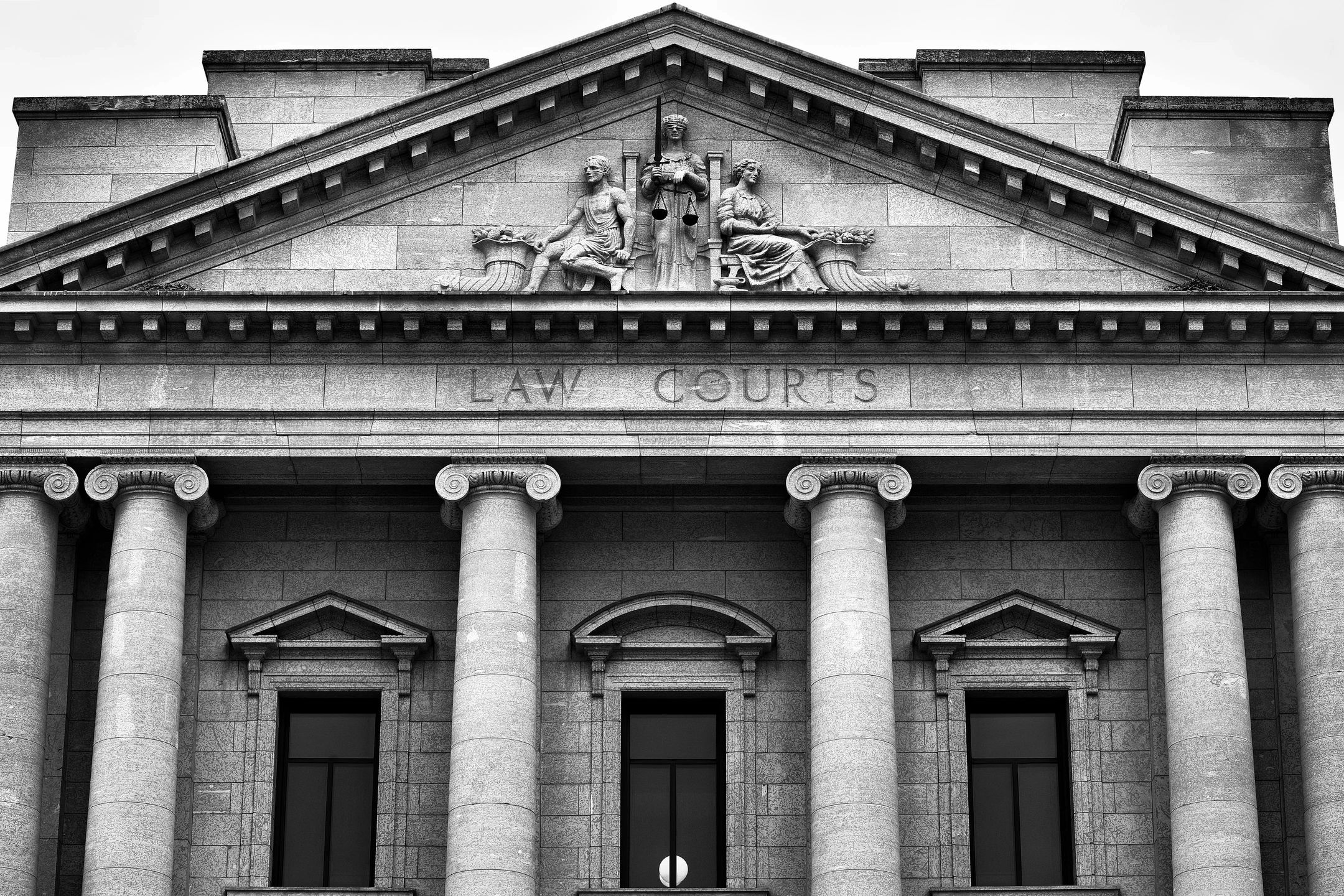The capital of one of the world’s most stable democracies is gripped by growing panic about foreign agents working in elected office. A bombshell report by Canadian lawmakers has unnerved Parliament Hill, alleging that unnamed politicians have been covertly working with foreign governments.
The revelation, found in heavily redacted findings released this week by an all-party national security committee, adds intrigue to a separate and ongoing inquiry into foreign interference in Canada’s 2019 and 2021 elections.
The new report from the National Security and Intelligence Committee of Parliamentarians is the first to suggest that lawmakers in Canada’s Parliament may have helped foreign actors meddle in political campaigns and leadership races. Heightened anxiety in Ottawa about foreign interference comes amid historic global elections where factors such as artificial intelligence and emboldened foreign powers are testing the resilience of democratic systems.
Prime Minister Justin Trudeau has been on the defensive since the allegations broke Monday. Conservative Leader Pierre Poilievre is calling on the government to name names.
The findings pressure Canada’s national police force to investigate potential criminal charges. The report also reignites debate on the federal government’s ability to deter foreign interference in a country with one of the world’s most highly regarded political and legal systems.
The all-party NSICOP announced on Monday that it has examined intelligence indicating that “semi-witting or witting” parliamentarians collaborated with foreign missions to mobilize voters during a political campaign, accepted cash either knowingly or through willful ignorance from foreign missions or their proxies, and shared privileged information with foreign diplomatic officials.
The committee, holding top-security clearance, stated that its findings were based on over 4,000 documents and approximately 1,000 pieces of evidence. According to its report, China remains the primary foreign interference threat to Canada, with India ranking second.
The intelligence also revealed allegations that unidentified parliamentarians are taking directives from unnamed diplomats to “improperly influence” their colleagues or parliamentary proceedings to favor a foreign state.
Deputy Prime Minister Chrystia Freeland addressed reporters on Tuesday, expressing her serious concern about the issue. When questioned about whether Canadians have the right to know the identity of the involved parliamentarians, she avoided a direct response.
“We should recognize this is a new time,” she said, adding that authoritarians want to undermine democracies by sowing public distrust in government.
Freeland declined to commit to releasing names, nor did she acknowledge the potential benefits of shedding light on the issue for democracy. On Wednesday, following her Liberal party’s weekly caucus meeting, she refrained from addressing questions on the topic.
In September, the Trudeau government initiated an inquiry into foreign interference following allegations that the Chinese government intervened in mobilizing voters against a Conservative candidate in western Canada and assisted in electing another as a Liberal in the Toronto area.
Justice Marie-Josée Hogue was appointed to investigate foreign interference and election meddling, a matter that has also attracted attention from the U.S. Congress.
Last autumn, Conservative MP Michael Chong testified before the congressional-executive commission on China about being targeted by Beijing due to his advocacy on Uyghur issues.



